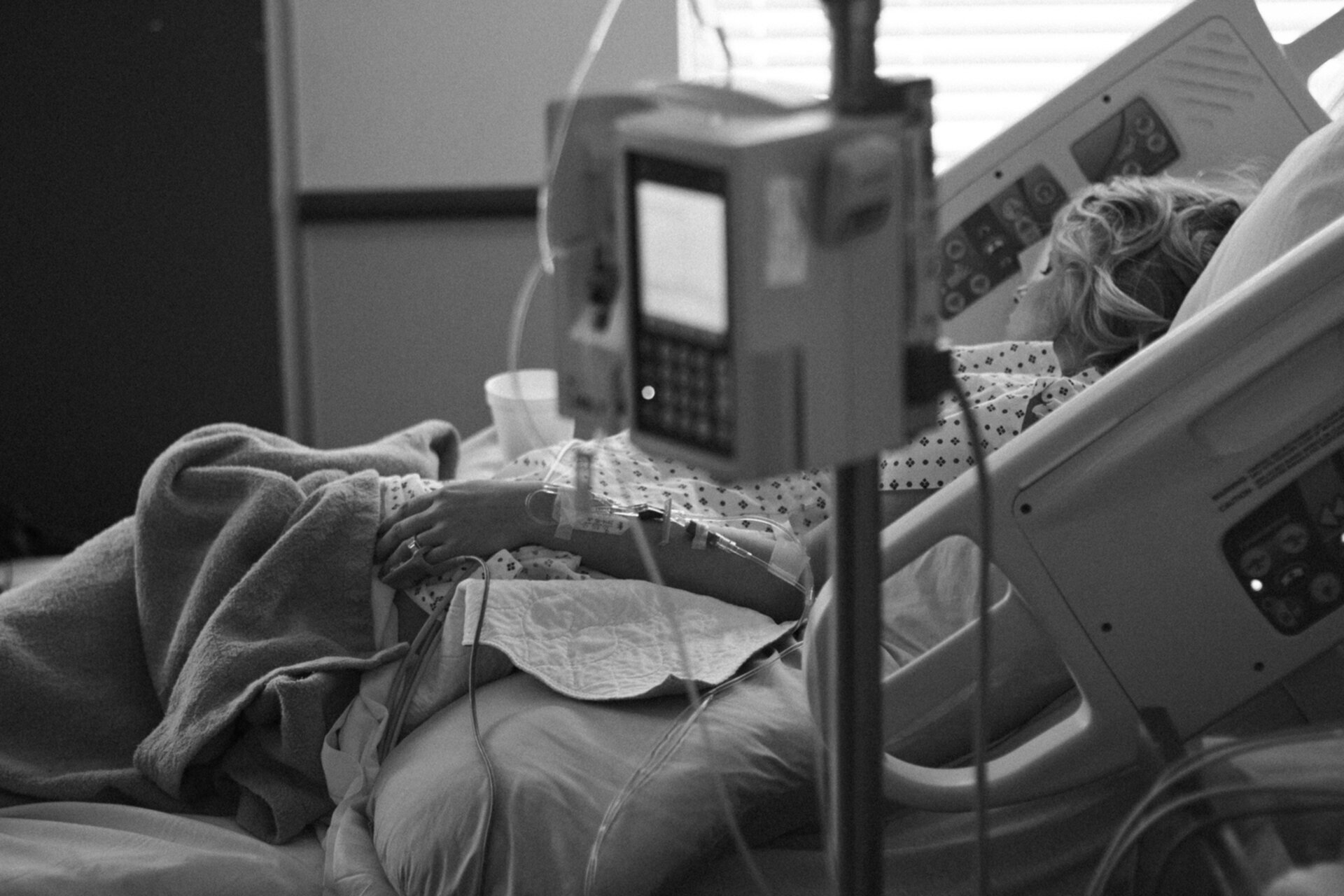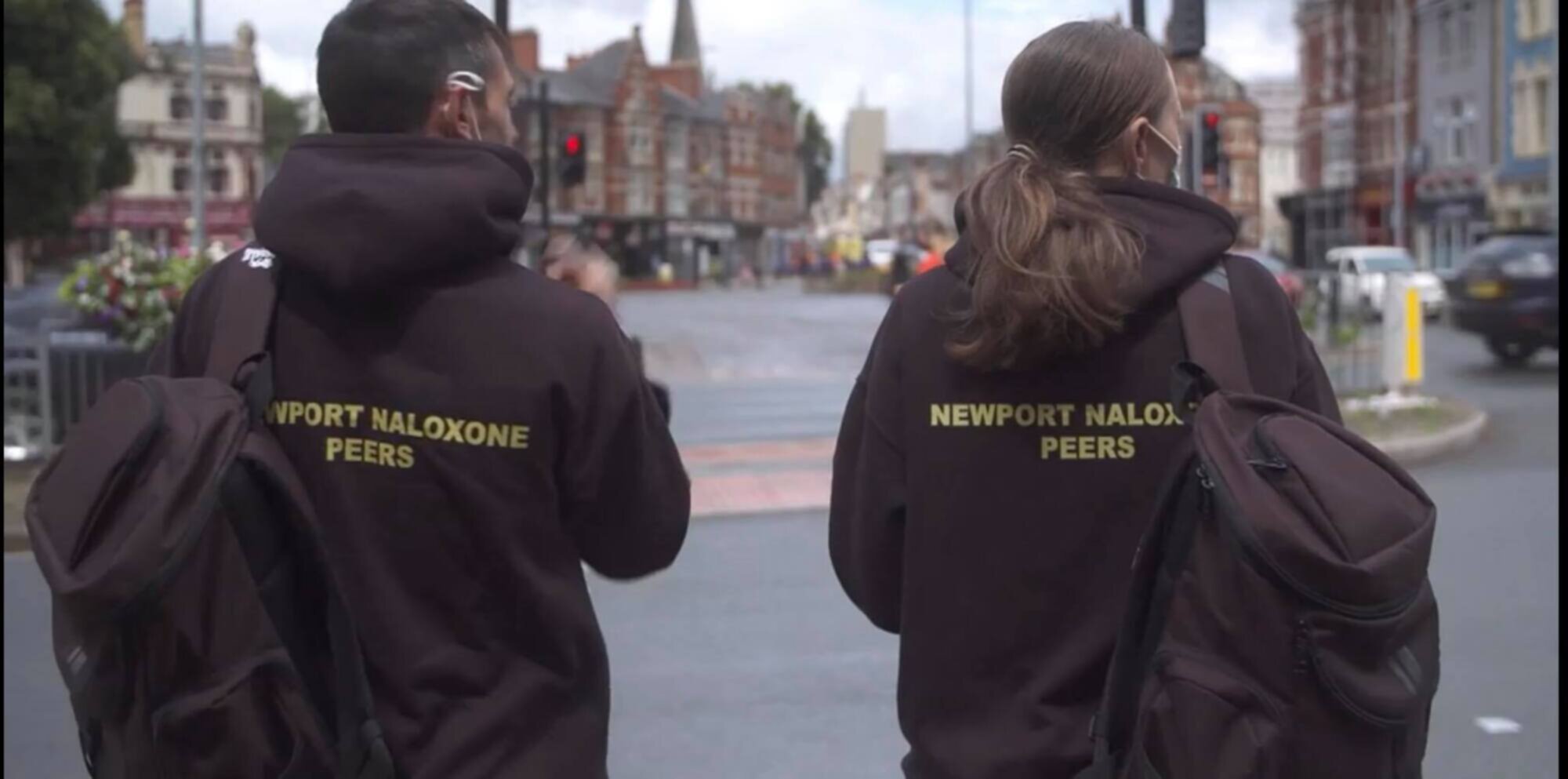
Heroin, an inconvenient truth
02/03/2021
Imagine a new Government campaign to prevent heroin use, the messaging reads: Heroin is unlikely to kill you and only a third will become addicted to it. Still it is illegal so do not do it please. It is widely understood that there is a difference between alcohol consumption and alcohol abuse. One is pleasurable, the other is harmful, as with most things when consumed to excess. Why then, is this distinction not permissible with harder drugs? And has our perception of opiates, shaped by the war on drugs, stigma and fear, led to bad policy?

Led by the evidence
Evidence suggests this might just be the case. Dr.Carl Hart, neuroscientist, tenured professor in psychology and recreational heroin user, notes that addiction rates have never been above 30% for any psychoactive substance known to humankind, and a wilful omission of the positive experiences drug use can facilitate has helped fuel the war on drugs. It feels as if a toxic myth has been perpetuated. A myth that posits any person who willingly consumes hard drugs, ignoring the risks involved and cost to both the individual and society, is antisocial, ignorant and undeserving. A narrative that must end for drug policy to move forward. By overlooking the positive side of drugs could we, perhaps even unknowingly, be adding to the stigma?
In Drug Use for Grown-Ups: Chasing Liberty in the Land of Fear Dr Carl Hart summarizes his research findings in this way: “I discovered that the predominant effects produced by the drugs discussed in this book are positive. It didn’t matter whether the drug in question was cannabis, cocaine, heroin, methamphetamine or psilocybin.” The positive effects Hart cites include greater empathy, altruism, gratitude and a sense of purpose. He argues that the risk of addiction is over stated, an exaggeration which has perhaps masked the motive of America’s war on drugs to increase prison and policing budgets. The only ‘success’ of this failed and miserable endeavour. One of its greatest tragedies though is that general public attitudes have come to reflect its oversimplifications – drugs are bad, people who take drugs are bad, and that bad situations are remedied by tougher laws and enforcement.
Toxic Stigma
Drug addiction is more complex, and not necessarily a direct consequence of the substance a person is using. The substance plays in to a set of existing circumstances, wherein dependency can of course manifest, often alongside co-occurring pain and trauma. Long term addiction increases risk of death that is true, yet our approach toward drugs is radically different to other areas of people’s lives that invariably involve risk. For example, in the UK more than twenty thousand people are killed or seriously injured in road accidents annually, and we do not ban vehicles but innovate to make vehicles and the act of driving safer. Perhaps because our culture is emotionally neutral toward the act of driving. As a culture we are not neutral toward the act of taking drugs.
If we move away from the stigma and fear that surrounds drug use, perhaps we can begin a cascade of change, where misconceptions about people who use drugs, the policy that governs them and the treatment they receive are transformed. There will be no touting of a single treatment approach, and the interventions offered will be as wide ranging as individual experience. For the unfortunate third that develop a serious addiction a co-production approach will offer choice as the order of the day. For some that may mean Buvidal, for others methadone, for others heroin assisted treatment. Determining what works for the individual is critical and dependent on their aspirations for life going forward, for some that might never be abstinence, and that’s okay too.
A Personal Choice
What we know at present is that many people opt out of treatment services. What is being offered does not meet their needs. For a person that finds heroin helpful in managing mental health, whether that’s coping with trauma or simply enjoying a mind-set that’s favourable when compared with their baseline, heroin assisted treatment (HAT) may be attractive. Perhaps their heroin use has always been relatively under control but they live in fear of being criminalised. They can also be confident their supply is not cut with various other chemicals that increase overdose risk. The concept is not new, and you would be wrong to think the people advocating for it today are a fringe group or assemblage of Pseudo Hippies – it is in fact the police themselves. Influential voices such as Arfon Jones, North Wales Police and Crime Commissioner, and Jason Kew, Chief Inspector of Thames Valley Police.
My hope is that if we break the stigma, we can focus on what might help a person, and in such a way may make real progress.

Martin Blakebrough
CEO at Kaleidoscope
Share


